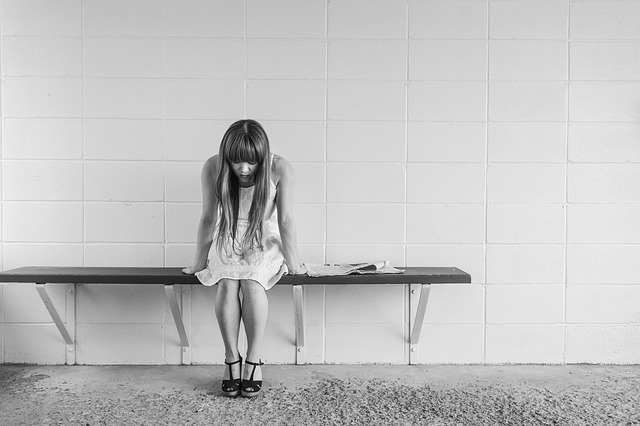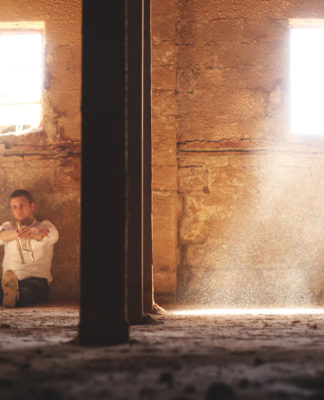It is easy to get grief confused with a major depressive episode (MDE) and vise versa. Both include feelings of sadness, at times hopelessness, and a state of unease or generalized dissatisfaction with life (dysphoria). So how do you really know the difference between both? Thankfully there are some clues to help you distinguish the two.
Grief
Let’s start with talking about grief. Grief is typically felt in response to loss which leaves a person feeling empty. Grief also typically will decrease in intensity over a couple of days to sometimes a number of weeks, but the idea is that is does in some way begin to lift. Grief is most commonly experienced in short waves which are also accompanied by a lot of memories of the deceased. During the “waves” of grief, there come specific thoughts or preoccupations but generally speaking the person’s self-worth is preserved. Grieving people also tend to occasionally have feelings of grief that can be followed by funny stories or pleasant reminders of the deceased that may make them feel moments of happiness. If there are any questions of the bereaved’s self-worth it is most likely in response to regrets, or feelings of failure, that are directly related to the loss (I should have donated an organ, I should have visited more often etc.). It is important to note that someone experiencing grief may have feelings of taking their own life, known as suicidal ideation, but that is typically in response to a desire to join the deceased or for the pain of the loss to end.
Depression
A Major Depressive Episode (MDE) on the other hand can be quite overwhelming for an individual that can last for weeks. The main characteristic of an MDE is that a person really cannot anticipate pleasure of good things along with a persistent depressed mood. There is an unrelenting feeling of misery and unhappiness. There can be suicidal ideation but this is typically in response to feelings of worthlessness, feeling undeserving of life, or the person may feel it is the only way to stop the feelings of depression. Significant changes in diet (too much or too little), sleep (again, too much or too little), changes in weight (5% or more in 4 weeks), becoming fidgety or slowed down, loss of energy, inability to concentrate are all also important markers of Major Depression. We all have some level of depression at times, but these symptoms must really impact your daily life (work, school, relationships etc.) in order to truly be considered a part of an MDE.
Whether it is grief or depression, the good news is that you do not have to manage the difficult feelings alone. You may not feel like reaching out to talk with someone all the time, but do not isolate yourself. Even if you just have to ask a friend or family member to come sit on the couch while you cook dinner just to be in the house with you…. start there. Grief and depression both tempt us to isolate and hurt alone but suffering in silence really is not the solution. Know that if you are struggling with grief, your journey will be unique and be patient with yourself. If you are going through an MDE, remember that there is real help out there to support you through the darker days.




















